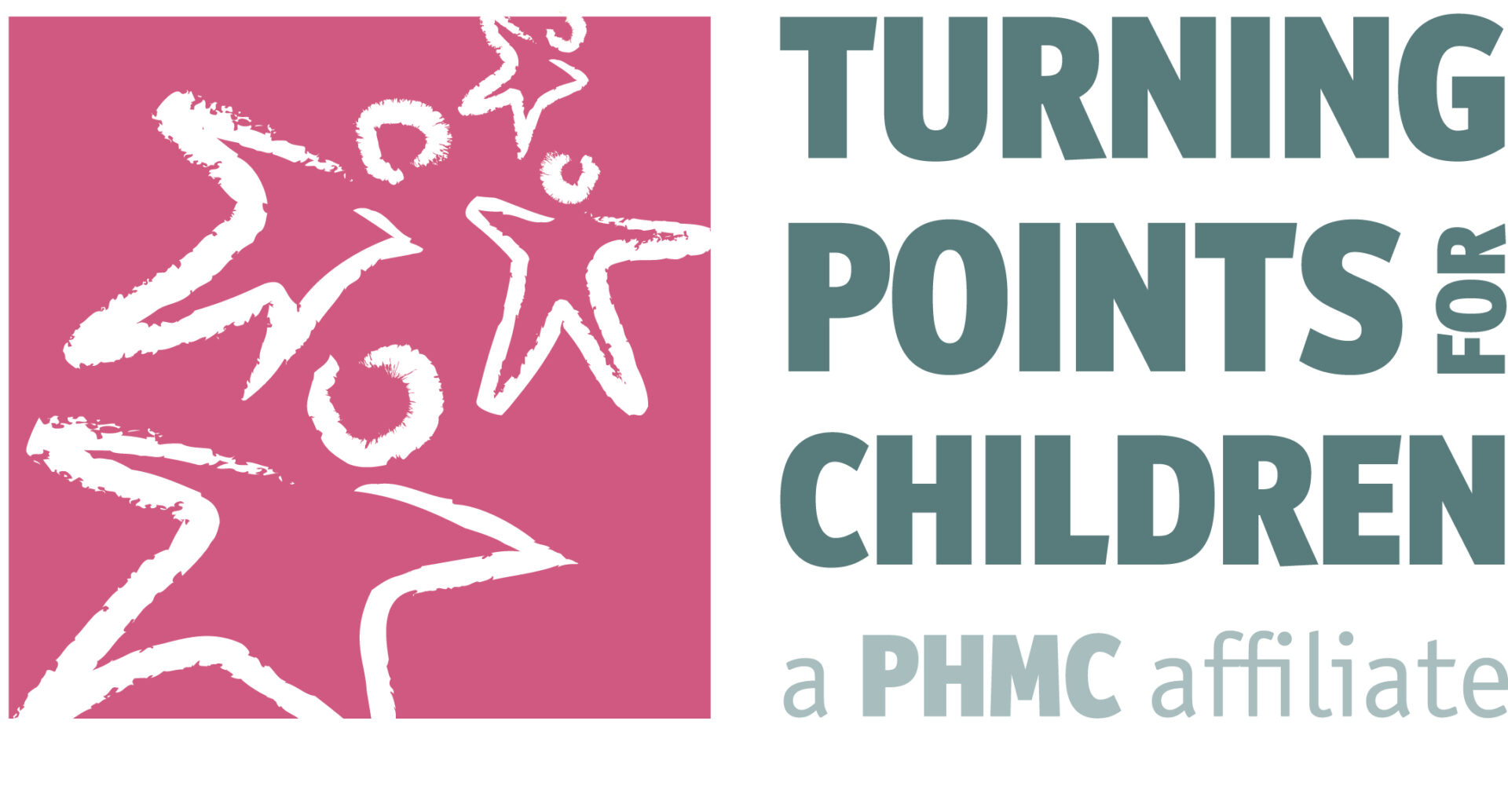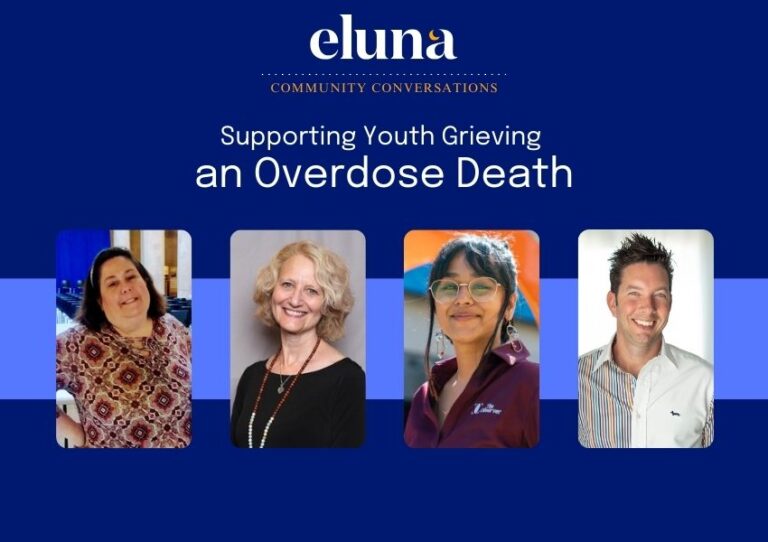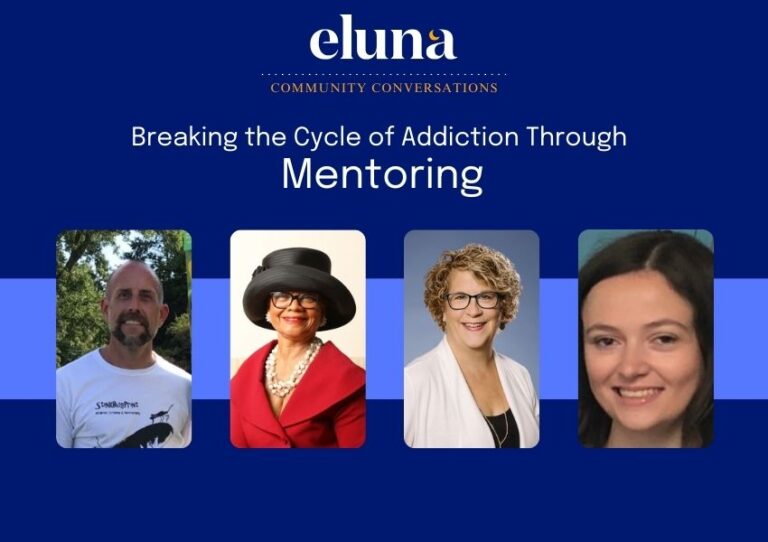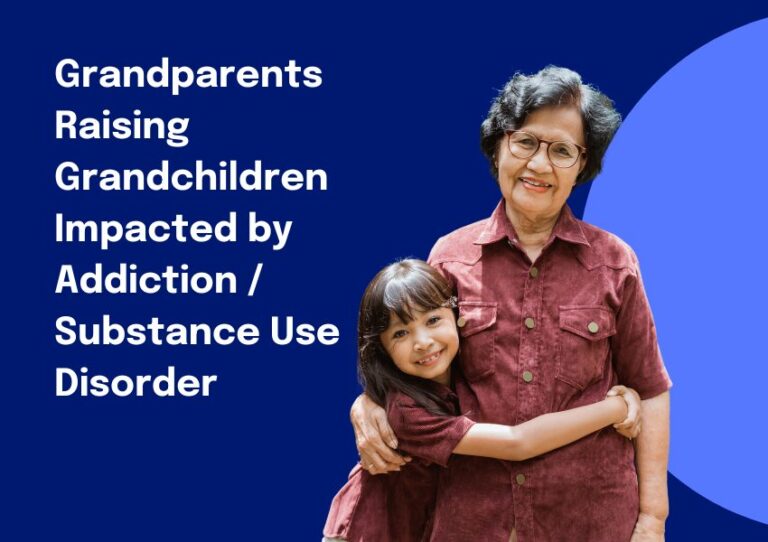Foster/Kinship Caregivers: Supporting Children Impacted by Substance Use
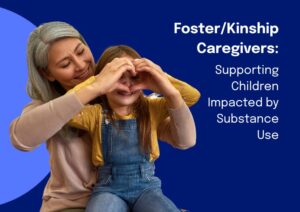 Substance use and addiction has a tremendous impact on families, including the most vulnerable members – the children. Often the children of individuals struggling with a substance use disorder are being raised by grandparents, relatives, foster parents or family friends by way of informal arrangement or formal kinship care. Children from families where substance use is present are likely to demonstrate challenging behaviors as a result of the traumatic experiences they have been exposed to. The issues that these children face can be complicated and overwhelming for their caregivers.
Substance use and addiction has a tremendous impact on families, including the most vulnerable members – the children. Often the children of individuals struggling with a substance use disorder are being raised by grandparents, relatives, foster parents or family friends by way of informal arrangement or formal kinship care. Children from families where substance use is present are likely to demonstrate challenging behaviors as a result of the traumatic experiences they have been exposed to. The issues that these children face can be complicated and overwhelming for their caregivers.
Here are some ways that caregivers: grandparents, foster parents, etc. can support the children in their life who have been impacted by the substance use of a parent:
1. Show respect toward the parent struggling with a substance use disorder:
Speaking negatively about the parent can damage the child’s self-esteem as well as their relationship with that parent. It may also cause the child to resent the caregiver for speaking disrespectfully about a parent they still love. We no longer use the word “addict” to refer to someone who struggles with “the disease of addiction” or a “substance use disorder”. Using the word “addict” creates a label that casts a shadow of stigma around the person as if that is the only thing that defines them. Try referring to the parents as someone who struggles with substance use disorder or the disease of addiction.
Support and be active in the process of maintaining the connection of the child to their parent(s) through regular visitation, phone calls, and having the parent involved in the child’s activities when possible (such as doctor appointments, sporting events, school events). Not only is it important for children to maintain a connection to their parents, it is crucial for caregivers to develop a connection to the child’s parent(s) as well.The caregiver should serve as a mentor when possible, and communicate via phone, in person, or via email if needed to share information about the child’s day-to-day experiences.
Caregivers can serve as a mentor to birth/biological parents by modeling appropriate parenting skills and discipline practices and including birth parents (when possible) in the child’s activities, appointments, and milestones. Ideally, when there is a positive relationship between the caregiver and biological parents, this can promote a stronger relationship between the parent and child and promote reunification.
2. Teach and reinforce the Seven C’s:
Many children who grow up with addiction in their family feel responsible for their family member’s substance use disorder. They often say things like “If I didn’t laugh so loud or didn’t fight with my siblings, my mom or dad wouldn’t use drugs or alcohol.” The Seven C’s©, originally created by Jerry Moe, is a powerful tool to help children understand that they are not to blame. The first half of the 7 C’s stress that children are not responsible for the family member’s substance use or misuse. The remaining 7 C’s focus on healthy coping skills such communicating feelings and the importance of self-care. Download a printable version.
- I didn’t cause it
- I can’t control it
- I cannot cure it
- I can take care of myself
- by communicating my feelings
- Making good choices and
- celebrating myself
Encourage understanding that addiction is a disease.
3. Support resilience and self-esteem:
Help children identify their personal strengths and resiliency. Let them know they are loved, valued, and wanted. Allow children to share their story and be willing to listen (even when it may be hard to hear). Also, give them the opportunity to explore new chances to be successful (i.e. sports, dance, household tasks, clubs, etc). Understanding and building resilience. Try this books for younger kids: True You or, for bigger kids read: Building Resilience. From Option B: Raising Resilient Kids
4. Plan for challenging behavior and praise positive behaviors:
Children from families where substance use is present are likely to demonstrate challenging behaviors as a result of the traumatic experiences they have been exposed to. These children need caregivers willing to travel this journey with them and not give up on them. Use descriptive praise statements when the child does any positive behavior (follows the rules, shares with friends, uses good manners, etc).Doing so will focus attention on the things that are desirable to continue. More on Positive Parenting
Also, be clear about expectations and consequences for misbehavior. Use misbehaviors as teaching moments. For mild misbehavior or attention-seeking behaviors, strategic ignoring can be a very useful tool. For more information on behavioral management tools:
- Book: Nadine Burke Harris, M.D. The Deepest Well: Healing the Long-Term Effects of Childhood Adversity
- Article: 8 Positive Discipline Techniques Every Parent Should Know
- Book: How to Talk so Kids will Listen, How to Listen so Kids will Talk
5. Develop routines:
Provide consistency and stability by developing and maintaining positive family routines– children feel safe with consistent and nurturing caregiving and routines. This could include having dinner every night as a family, reading a story together before bed every night, and including children in age-appropriate household chores. The routine or activity could be anything that works well for the family, as long as it is consistent. Children feel safe when their home life is predictable.
6. Build community:
Look for community activities in your area and regularly attend events at the child’s school that will build connections. Provide them (and you) with opportunities to make new, and strengthen existing friendships. Also, build a support system of reliable and available adults: this could include (but not limited to) teachers, counselors, trusted adults, social workers, and support groups. The importance of community in foster care and adoption
